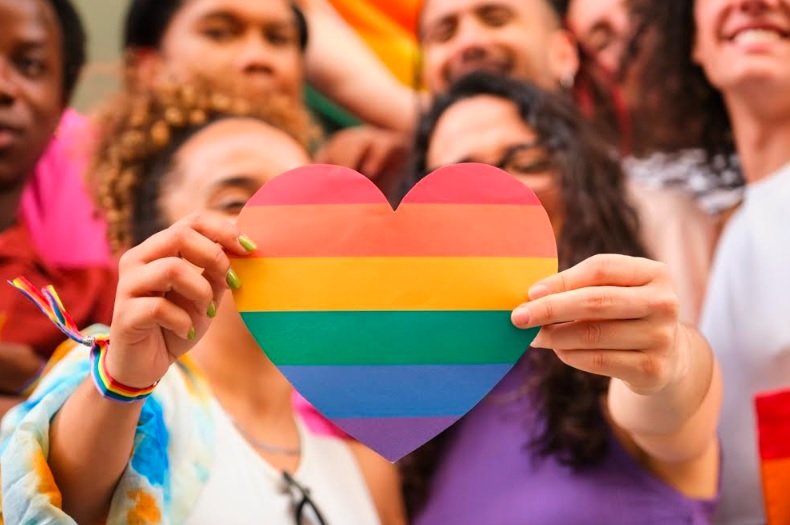
If you think about it, the way we divide our lives into months is more than just a handy way of keeping track of bills and birthdays. Months, across cultures, often carry symbolic meaning. They mark celebrations, observances, or turning points that shape the way people think and live. What’s fascinating is that almost every culture has its own ‘special month,’ a time of year that means more than just another 30 days on the calendar.
The Human Desire to Mark Time
From the earliest civilizations, people have looked to the stars, the sun and the moon to measure time. Calendars started as a means to tell farmers when to plant crops, but they became cultural anchors. Each society began to weave its values, traditions and stories into certain months of the year. These ‘special months’ act as reminders of identity, history and renewal.
Examples Around the World
Consider the Western calendar. December carries Christmas and for many, it’s the month of family reunions, generosity and reflection. February is linked with Valentine’s Day, where the month itself becomes synonymous with love. In the United States, February also doubles as Black History Month, giving it an even deeper layer of significance.
In East Asia, the Lunar New Year falls in either January or February, turning the month into a time of travel, feasting and honoring ancestors. It’s a period so important that millions of people take to the roads, trains and skies all at once to reunite with family.
In Islamic tradition, the lunar calendar carries its own “special months.” For instance, Rabi al Awwal, the third month of the Islamic calendar, holds significance because it contains the commemoration of the Prophet Muhammad’s birthday, known as Mawlid. While it might not be universally celebrated in the same way across all Muslim communities, for many it is a time of reflection, spiritual gatherings and charitable acts.
Other examples abound: India has months marked by Diwali and Holi; October is synonymous with Oktoberfest in Germany; and in the UK, November brings Bonfire Night. Every culture, in its own way, ties a sense of identity to at least one month that feels different from all the others.
Modern ‘Special Months’
It’s not only tradition that shapes these observances. Modern society has added its own list of symbolic months. June, for instance, is Pride Month worldwide, dedicated to LGBTQ+ rights and celebration. November has become ‘Movember,’ when men grow moustaches to raise awareness of men’s health issues. October has been claimed by Halloween lovers and Breast Cancer Awareness campaigns alike.
What’s interesting is that even these new observances tap into something ancient, which is the human need to assign meaning to time. They transform the ordinary march of weeks into something culturally memorable.
Why We Need These Months
At their core, these ‘special months’ are powerful because they bring people together. Whether it’s a festival, a remembrance, or even a quirky challenge, the collective act of marking time gives individuals a sense of belonging. They also provide natural breaks in the year, moments to reflect, reset, or celebrate.
On a deeper level, these months remind us that time is an emotional and cultural framework as well as a practical form of measurement. Without them, the year would feel like an endless, repetitive cycle. With them, it becomes a rhythm of meaning, punctuated by stories and traditions that shape who we are.
The Patchwork of Global Time
The beauty of living in today’s interconnected world is that we can appreciate and even share in the significance of other cultures’ ‘special months’. Just as someone in London may observe Ramadan alongside their Muslim neighbors or celebrate Lunar New Year in a city like San Francisco or Sydney, global awareness enriches our understanding of time itself.
From Rabi al Awwal to February’s Valentine’s Day, from June’s Pride celebrations to December’s festive traditions, these cultural markers weave together a patchwork of global meaning. They remind us that while months may seem universal, the stories we attach to them are anything but.
Conclusion
Every culture has its own ‘special month’ because humans need meaning, celebration and pause points that connect us to something bigger. In a sense, these months are less about time itself and more about the stories we tell, the values we share and the way we create collective memory.
So next time a particular month rolls around and you feel a shift in mood or community, remember: You are part of a tradition as old as humanity itself.




